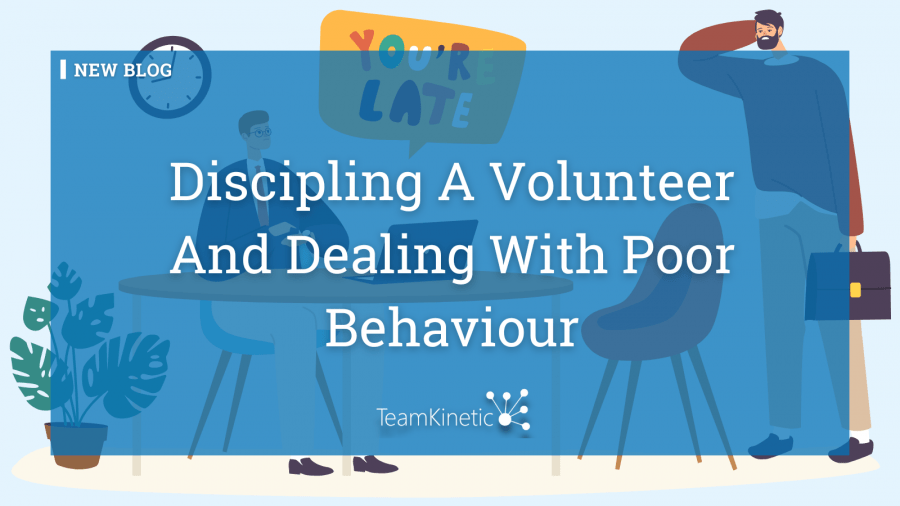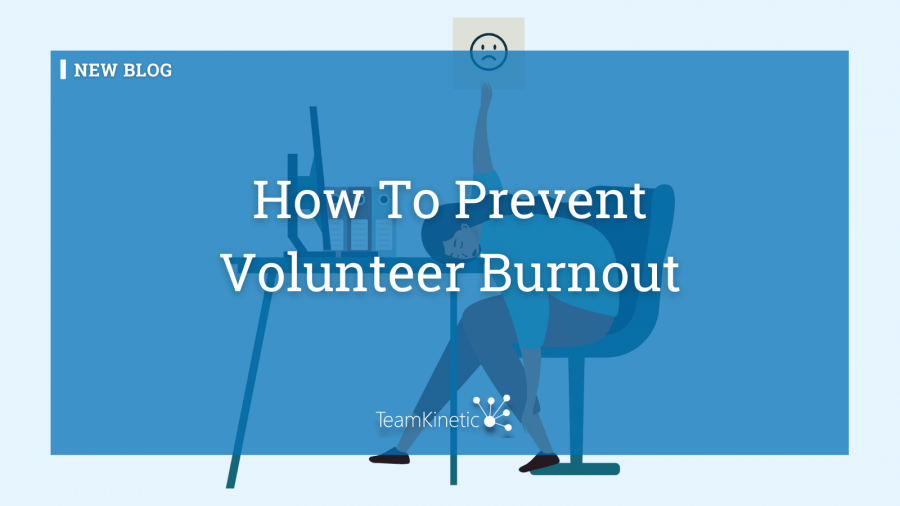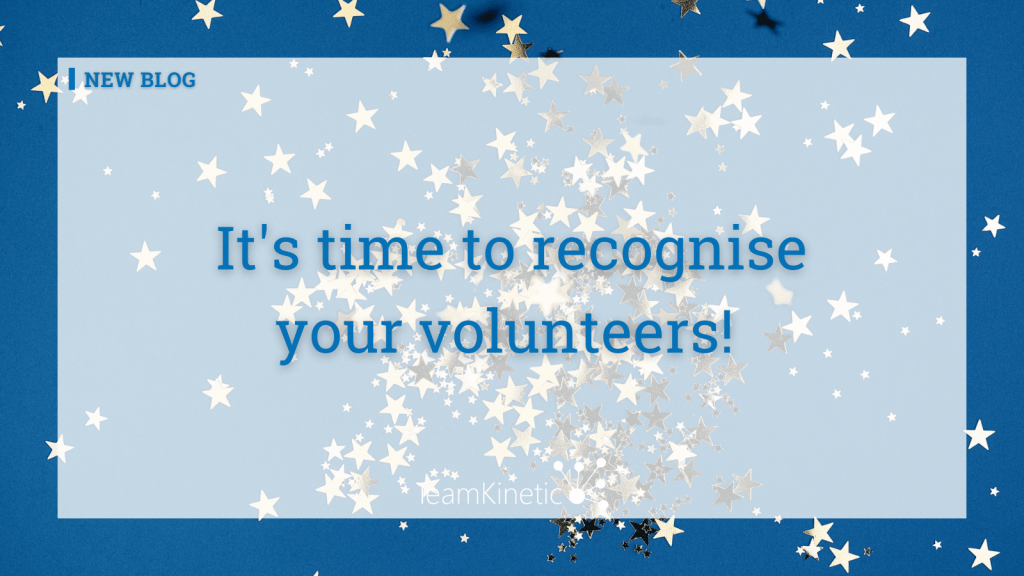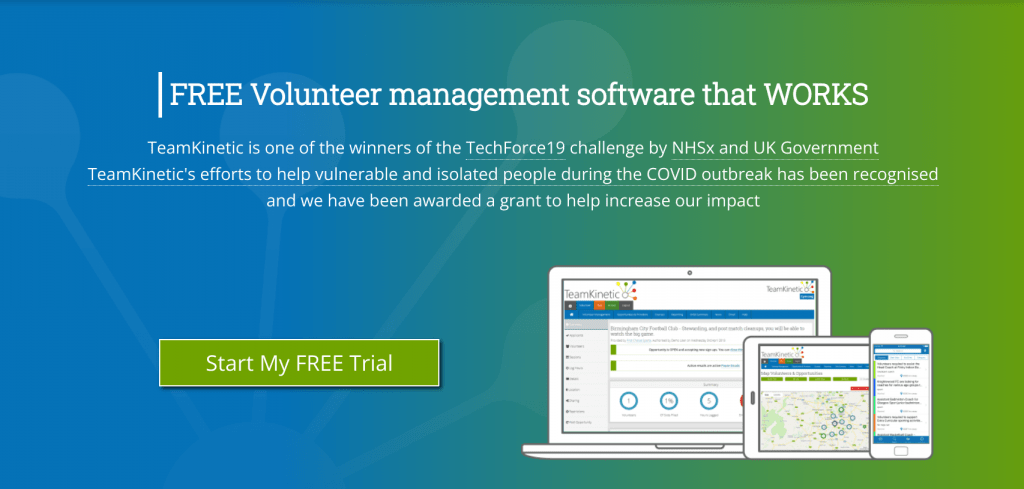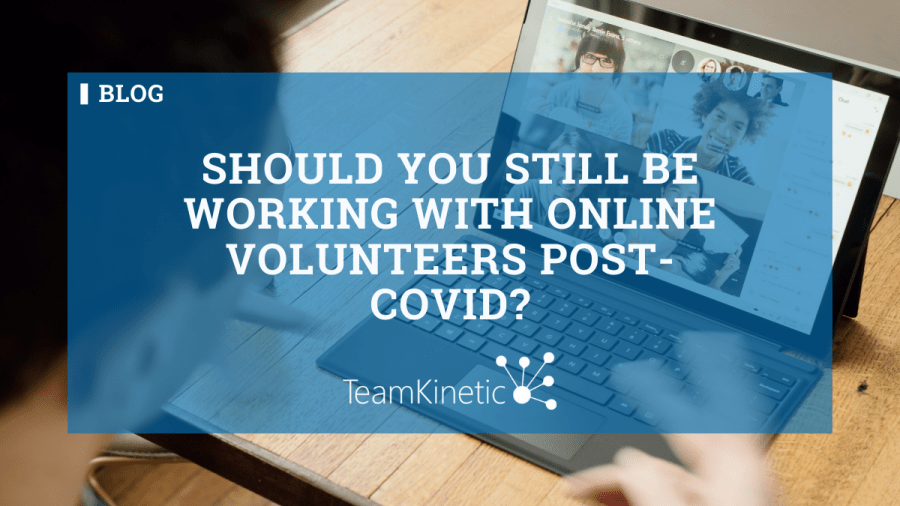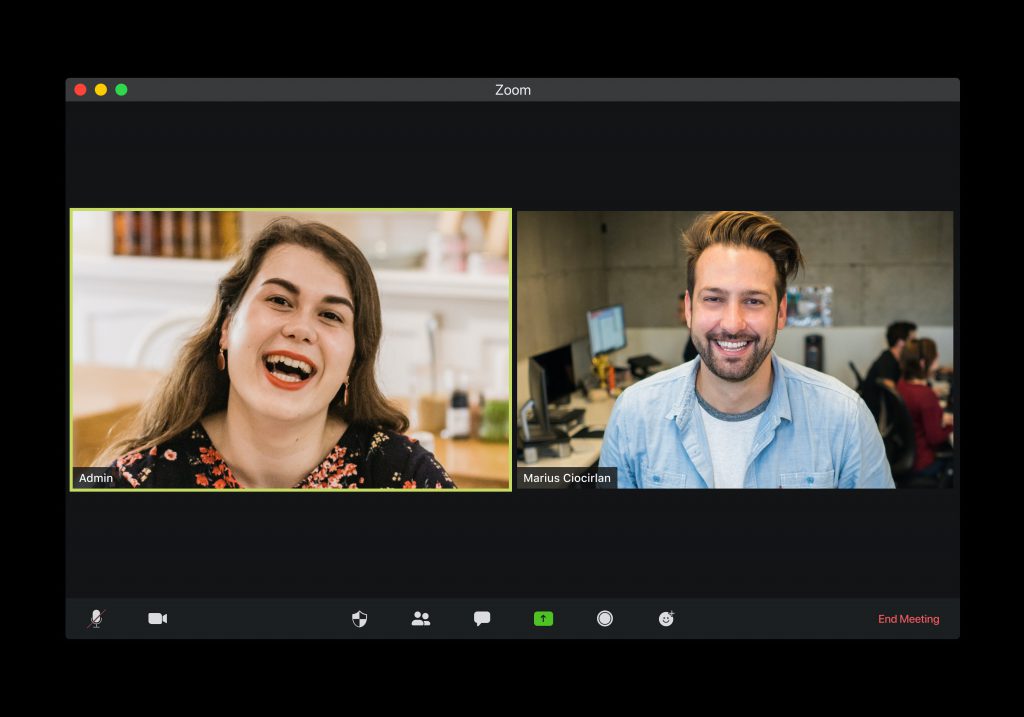Over the past 20 months we have seen organisations transform and adapt in order to continue helping those they serve. One way they have adapted is through micro-volunteering. We’ll be covering just what micro-volunteering is and how you can really get the best out of it!
What is micro-volunteering?
Micro-volunteering consists of people taking small amounts of time out of their day to volunteer; we’re looking at up to 30 minutes on a particular task, maximum. These tasks can be broken down into small parts, in which one volunteer can complete just one component. It’s convenient and low commitment actions appeal a lot to potential volunteers who may only have limited free time. Micro-volunteering takes numerous small contributions and accumulates them together to make a difference.
While the majority of micro-volunteering takes place online, through signing petitions and sharing/retweeting to spread awareness- it doesn’t have to be. You could be taking part in a run, sorting through recycling or baking for an event.
Micro-volunteering is good for organisations and it doesn’t take away from traditional volunteering. Volunteering long-term, micro-volunteers aren’t who you should be looking at. They cannot be deemed as reliable. So, if your organisation is looking at micro-volunteering, make sure that your opportunities fit the micro-volunteering mould; don’t change a traditional opportunity for the sake of it- you’ll find more often than not, it simply won’t work.
Plan Correctly…
If your organisation is thinking of using micro-volunteering, they have the chance to save themselves time and money, if planned correctly.
Start Planning. What’s the opportunity? Who’s going to manage this within the organisation?
Get Advertising. Use various websites and social media to promote your micro-volunteering opportunity.
Quick Management. Find your volunteers, get them started and confirm they know what it is they’ll be doing (there still needs to be some management even if the opportunity is small).
Recognise and Reward. Send volunteers some feedback on their completed opportunity and tell them about their impact.
The Pandemic Effect on Micro-volunteering…
As organisations rethought their volunteer programmes throughout the pandemic, micro-volunteering and the digital opportunities it provided was the gateway organisations needed to carry on. Organisation’s now face whether they keep micro-volunteering up now we return back to ‘normality’.
At AVM’s annual conference, it was mentioned that micro-volunteering should have as little bureaucracy as possible. These aren’t the volunteers you so much rely on, but they can massively make an impact within your organisation. Relationships with micro-volunteers are different from your traditional ones (mainly because you can have hundreds of micro-volunteers, so personal relationships will be hard to maintain!)
Benefits and Considerations
As we’ve hinted at, micro-volunteering does have some benefits for organisations. Currently the biggest barrier to volunteering is time. The world we live in now is fast paced, and people find that they don’t have enough time to get everything done; micro-volunteering is perfect. The flexibility of smaller tasks is appealing to many, but remember, new volunteers may be worried that they have to pledge a long-term commitment of some sort. With micro-volunteering they don’t have to.
Micro-volunteering opens you up to have a wider range of skills at your disposal (so to speak.) As volunteers are only engaged for a small amount of time, you might find that you have a group of volunteers with the same skill. Opportunities can now be split and completed quickly and efficiently: it’s a win-win. Your organisation will be getting the help it’s looking for, while volunteers haven’t lost too much of their free time.
A challenge with volunteers from an organisation’s perspective is making sure that you reach the micro-volunteering demand, especially because you’re dealing with quick opportunities. Along with this you’ll also need some sort of support for these volunteers. While they aren’t directly linked to your organisation, they’ll still need some support and direction from you. To do this, having a support tool kit you can send to your micro-volunteers with all the information they might need will set them on their way and means you can focus on other aspects of your organisation.
While your relationship with micro-volunteers is different from your traditional volunteers, you should still collect feedback (from them and from you!) As we know, micro-volunteering can be set at an arm’s length, especially for those opportunities completed online so volunteers may never know the impact they’ve made within an organisation – so make sure to let them know!
How do you know whether your organisation can use micro-volunteering?
Despite what the title says, not every organisation will work well with micro-volunteers (sadly). If you’re struggling to figure out whether your organisation would benefit, we might be able to help. Micro-volunteering is good for organisations that:
- Have the potential to attract a large pool of diverse volunteers; especially those who may not have a lot of time on their hands.
- Have a strong path for potential micro-volunteers to transfer into a traditional volunteer role (this may be letting micro-volunteers know where they can register their interest etc.)
- Have ideas around building motivation for micro-volunteers to keep them interested in the progression of your organisation, whether it be to volunteer or just to keep in touch.
- Offer new micro-volunteering opportunities to existing volunteers. This is really important now that we’re coming out of the pandemic, because volunteers’ perceptions and safety concerns have changed.
Hopefully those bullet points can give you some insight into whether, or how your organisation can start to introduce micro-volunteering into its daily process. It’s clear to see how this kind of volunteering has become popular in recent times, especially as the past 18 months have transitioned onto online platforms. If you’re thinking that micro-volunteering is something you should be adapting into your company, you might need a good volunteer management system…
Need a good volunteer management system? Look no further.
TeamKinetic helps to build better volunteer communities by providing great tools for volunteer managers that save time, increase impact and improve insight. Our goal is to make volunteering easy for everyone no matter what. But, don’t take our word for it, why not check out our customer reviews.
For more information on how we can assist with your volunteer management and getting the best out of all your volunteers, visit our website or contact us on 0161 914 5757.


